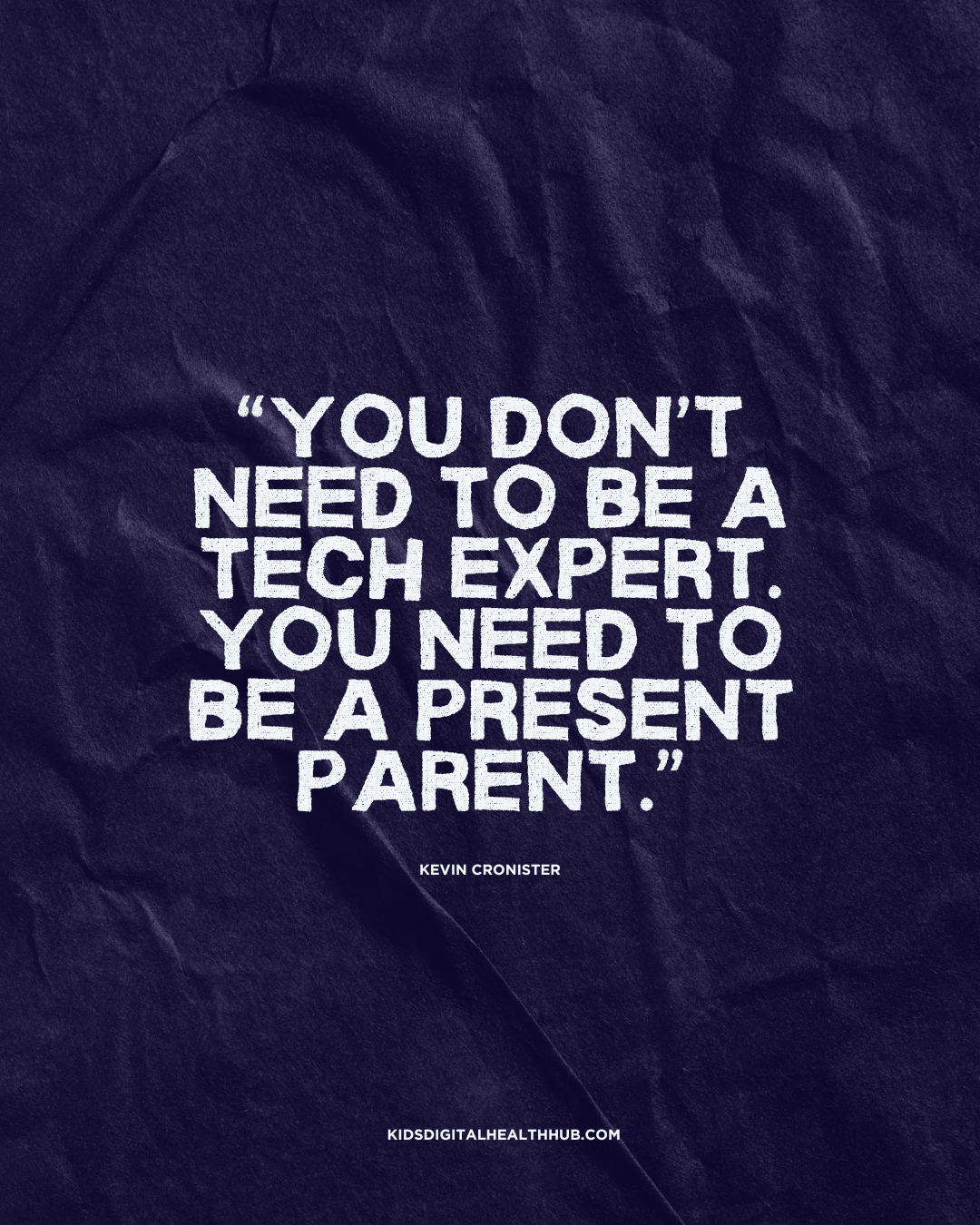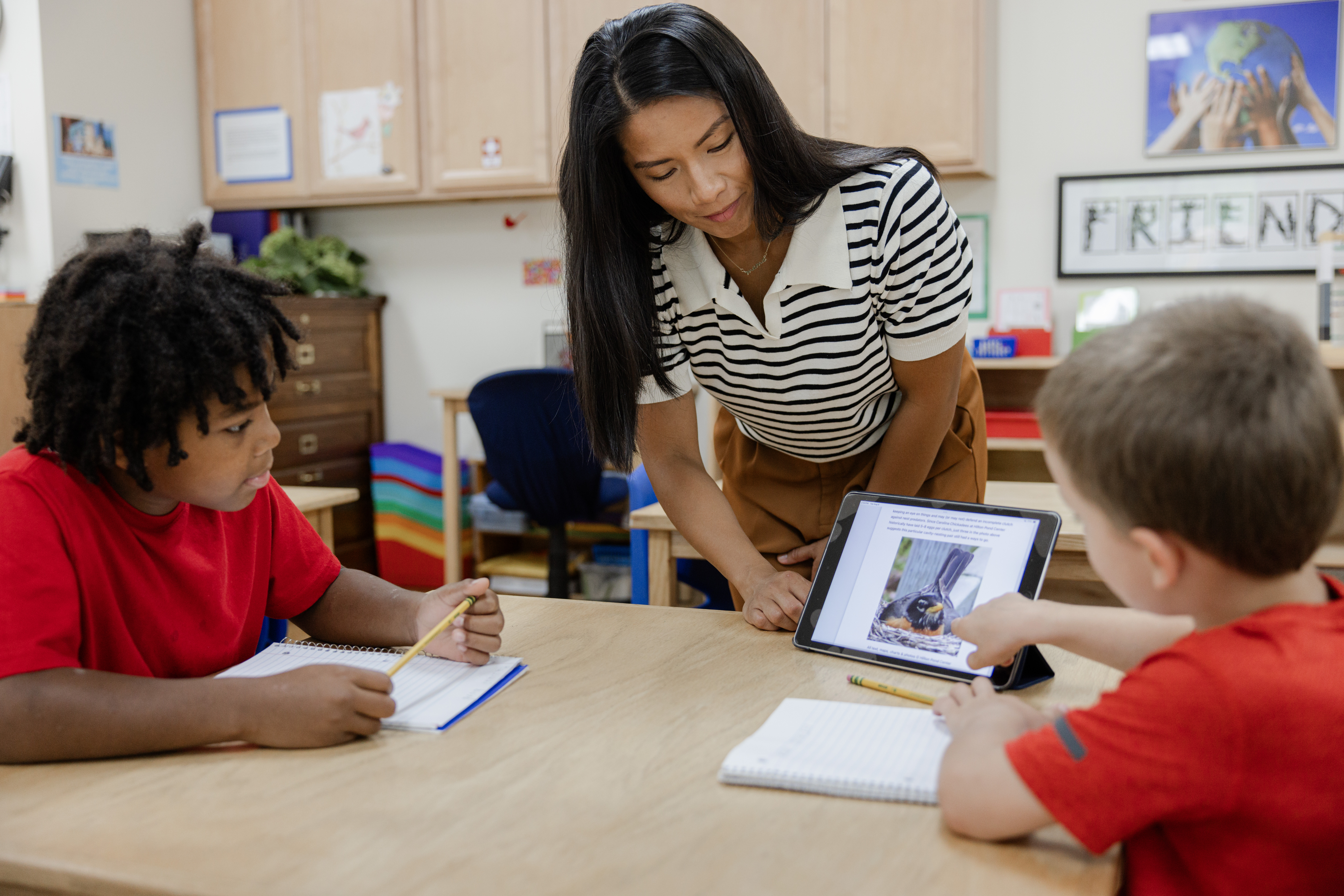There are conversations I wish we didn’t have to have.
But here we are—because ignoring hard truths doesn’t protect our children. And pretending the digital world isn’t changing at an alarming pace only leaves families more vulnerable. That’s why we created the Screen Guardians podcast. It’s not just information we’re sharing—it’s a lifeline for parents, educators, and anyone desperate to understand what’s really happening behind screens.
In a recent episode, I sat down with Kevin Cronister—ICAC lead detective and father of five—to talk about something no one wants to think about: the rising digital exploitation of children.
It’s a heavy topic, but we approached it the same way we always do: anchored in truth, softened with compassion, and focused on practical hope.
Table of Contents
A surge no one can ignore
Kevin started with a stat that stopped me cold: 50 cyber tips—just in one month. That’s double what he was seeing just a year ago. But it’s not just the number of tips. It’s the nature of the crimes. The content is more extreme. The tactics are more sophisticated. The kids? Even younger.
We’re not just talking about typical peer-to-peer image sharing between teens (which is still a concern). This is a rise in sadistic child exploitation and AI-generated abuse material—a new and terrifying frontier that most parents haven’t even heard of.

The National Center for Missing and Exploited Children (NCMEC) confirmed it. These types of crimes—online enticement, financial sextortion, and AI-generated content—have more than doubled in the last year. You can find their midyear report here.
“For the first time, we’re releasing statistics for just half of 2025 through June, compared to the same time last year, to get this important information out to the public quickly rather than at year’s end. These crime trends are gleaned from millions of reports sent to our CyberTipline, which serves as the national reporting mechanism for online child sexual exploitation. “

What is sadistic online exploitation?
It’s difficult to even type these words, but part of our commitment is to honesty. Sadistic exploitation isn’t just abuse—it’s digitally organized cruelty. In many of these cases, perpetrators aren’t acting alone. Kevin shared how young people are being recruited—yes, recruited—into decentralized online groups that thrive on chaos, harm, and control.
Groups like “764,” “Maniac Murder Cult,” and “No Lives Matter” aren’t just engaging in exploitation—they’re gamifying it. Children, some as young as eight, are lured into these circles and taught to earn “clout” by manipulating or harming other kids. The unthinkable becomes a point-based system. Encouraging suicide, organizing violent events, sending exploitative images—all tracked, all rewarded.
It’s digital gang culture, but quieter. Smarter. More dangerous—because it moves fast, hides well, and targets kids who are already vulnerable.
So how do we protect our children?
Here’s the hard truth: no content filter, no school-issued device protocol, no app locks will be enough on their own.
It starts with us—the adults.
Kevin reminded us of something deeply grounding: You don’t need to be a tech expert—you just need to be an emotionally available parent. That’s the most powerful safeguard we have.

Here are a few things every parent can begin doing now:
- Create open-door conversations. Let your kids know they can talk to you about anything. If they come to you with something uncomfortable or wrong, your response matters more than your reaction.
- Actively monitor devices—even school-issued ones. Kevin shared a shocking case in which a girl used her school email and Chromebook to secretly communicate with a predator. She bypassed the content filter by logging in as a guest. It’s a loophole most parents don’t even know exists.
- Play the games they’re playing. Yes, even Minecraft. Sit elbow to elbow with them. Watch how they interact, who they’re talking to, and what kind of messages are being exchanged. Your presence matters—and having a parent who actually enters their world can deter predators more than you think.
- Don’t rely on schools alone. As Kevin shared, law enforcement and school systems are stretched far too thin. Many are years behind in following trends, and the predators? They’re always a step ahead.

When the shame creeps in
If all of this feels overwhelming, you’re not alone. It’s easy to feel like we’re failing our kids in a world that changes faster than we can keep up with. But here’s something I want to say clearly—especially to the parents, teachers, and caregivers who feel the sting of guilt rising in your chest:
You are not failing.
You have simply been given incomplete information in an impossible race. And now that you know more, you can do more.
This isn’t about shame. It’s about awareness—so we can trade helplessness for action, confusion for clarity, and isolation for community.
The truth is, none of us were handed a roadmap for parenting in the digital age. We’re building this as we go, together.
So where do we go from here?
Kevin and I will keep having these conversations, and we’ll invite you back for part two of this discussion. But until then, start here:
- Reflect on how screens are used in your home—not with fear, but with curiosity.
- Begin conversations with your child today. Don’t wait for something to “go wrong.”
- If you’re worried something already has, connect with law enforcement before reporting the offender to the platform. Preserving evidence can make all the difference.
- If your child does come to you, choose connection over control. Keep their dignity intact. It’s the beginning—not the end—of protecting them.
We’ve also added a new feature to the Screen Guardians homepage that allows you to submit anonymous questions. Whether it’s something technical, emotional, or just… uncertain—we’re here for all of it.

You are not powerless
Let me say it one more time: you are not powerless.
The single most important protective factor for a child online is a connected and present parent or caregiver.
So hug them. Talk with them. Sit beside them at the screen and see the world with them—not just for them. ✅
No filter, firewall, or platform policy can outpower intentional, steady, anchored love.
We’re in this together. We’re learning as we go. And in this community, no one has to carry these questions alone.
We’ll be back soon with part two.
Until then—keep going. Keep learning. Keep showing up.
If you or someone your child knows may be experiencing online exploitation, report directly to your local law enforcement. You can also file a report with the CyberTipline at NCMEC, though for urgent concerns, going local is best.
Questions for the podcast? Submit them here.





